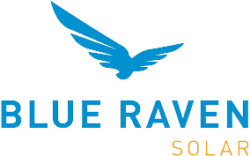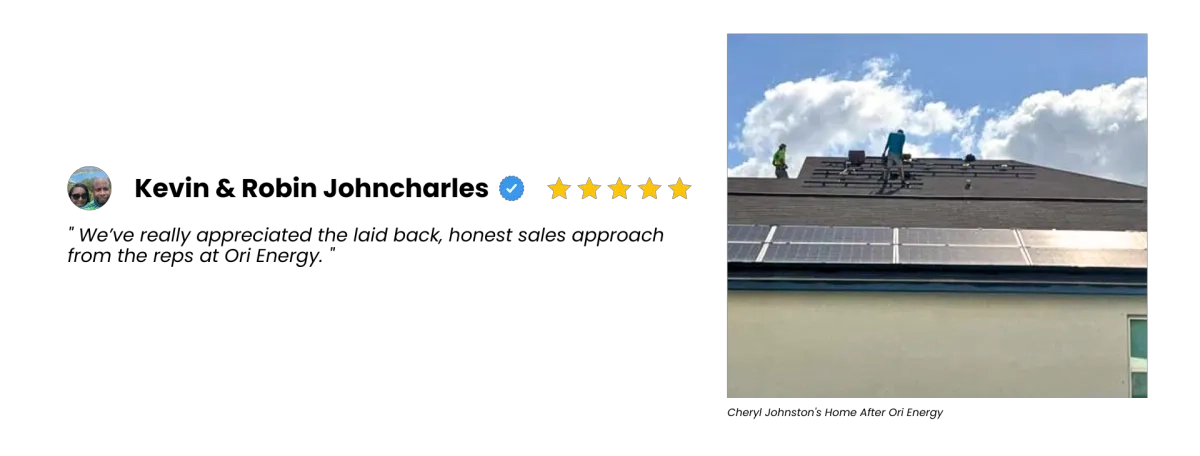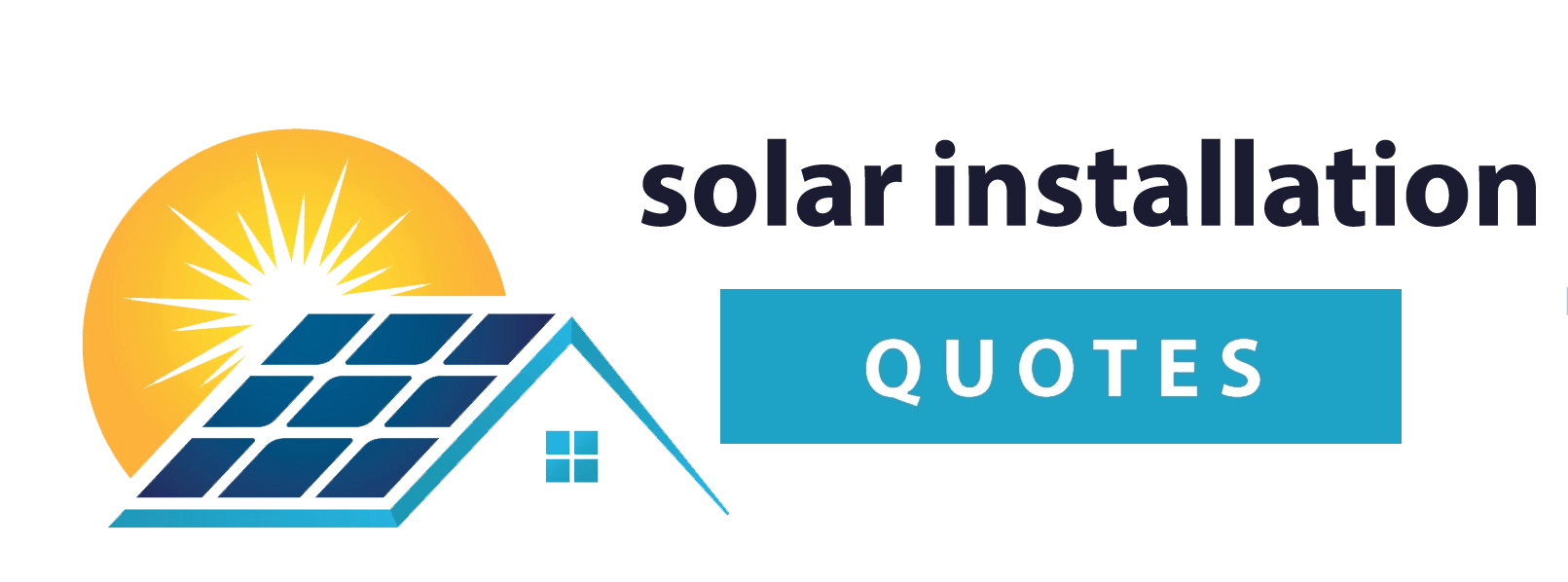Benefits of Solar Energy
Solar energy provides several advantages that will enhance your home for years to come.
- Better energy independence: Adding a battery storage system lets you have trustworthy energy during grid outages and storms.
- Lowered energy bills: You can avoid the added cost of grid-tied power by producing some electricity right where you use it. Plus, many states offer net metering which can allow you to sell your unused energy back to help pay for your energy bill.
- Reduced carbon footprint: The sun is one of the universe's most abundant clean energy sources, meaning you can lower or beat your home's dependence on non-renewable sources.
What Solar Incentives Are Available to Lakeland Homeowners?
Florida agencies and electric companies offer multiple solar incentives to help offset your solar system costs. Check out a breakdown of applicable solar programs where you live.
Incentive Type: Sales Tax Incentive
Incentive Amount:
All
Incentive Type: Property Tax Incentive
Incentive Amount:
Residential: 100% of the added value
Non-Residential: 80% of the added value
Incentive Type: PACE Financing
Website: floridapace.govIncentive Amount:
Determined locally
Incentive Type: Loan Program
Website: lakelandelectric.comIncentive Amount:
$5,000
Incentive Type: Personal Tax Credit
Website: ecowatch.comIncentive Amount:
30% federal tax credit for systems placed in service after 12/31/2021 and before 01/01/2033. Good for: solar water heat, solar photovoltaics, biomass, geothermal heat pumps, wind (small), fuel cells using renewable fuels.
How To Choose the Best Solar Company in Lakeland
Choosing a company is the first step toward an effective and cost-efficient solar system. Make your choice based on the following essential elements.
Licensing and Training
Once an electrical professional in Florida has four years of field experience, including one year as an apprentice, they can pass two tests to earn a CV license with the Florida Construction Industry Licensing Board. The Sunshine State also allows electrical contractors to install solar panels, but they may need to subcontract some tasks to a licensed roofer. Check a company's website for private accreditations from the North American Board of Certified Energy Practitioners (NABCEP), among the solar industry's most trusted trade groups. Its program includes certifications for both solar photovoltaic and water heating installers.
Cost of Solar Panels in Lakeland
The type of solar panels you purchase decides how much electricity you can produce. Monocrystalline panels and high-quality and cost more but give you the best performance. Polycrystalline panels produce less power, but they're worth it if you want a traditional panel style without the high cost. Thin-film panels aren't meant for large home installations, but they're excellent for small projects like sheds and RVs.
If you'd like to charge an electric vehicle (EV) or use your solar power in inclement weather, you can pay extra for accessories. By choosing the right components, you can make your panel array more productive and user-friendly. Not every solar company offers these extras, so look for a contractor that installs them if it's a priority for you.
If you're a resident of Lakeland and are looking into a five-kilowatt solar energy system, you could plan to spend about $16,050 for materials and labor. Find more information on specific component and solar panel costs in the table.
| Solar Panel Cost | Average Cost |
|---|---|
| Solar Monocrystalline | $1,088 |
| Solar Polycrystalline | $848 |
| Thin-Film | $496 |
| Solar Battery | $696 |
| Solar Home EV Charger | $2,610 |
Financing Solar Energy in Lakeland
There are various ways to pay for a solar energy system, and the right one will help you decrease overhead. A few of the most common options include power purchase agreements (PPAs), loans, cash payments, and leases. We suggest paying with cash or securing a solar loan for the best return on investment (ROI). Cash payments require a hefty sum up-front, but you’ll pay the least long-term by avoiding interest. You’ll also have full ownership of your system and can apply for solar panel incentives to cut your total costs. Solar loans are another solid option if you don’t want to make a big initial investment. You can pay for your system in installments while still enjoying energy bill savings and solar incentives. However, you’ll spend more in total due to accruing interest. Solar leases allow you to use your panels for a set monthly rate, while PPAs let you pay only for the energy you use, much like an electric bill. Both options disqualify you for solar incentives and don't grant you system ownership. Solar experts generally don't recommend them, but they might be suitable in some cases. Look for companies that offer multiple payment plans to find the right fit for your pocket.
The table below lists the average payback periods for different capacities of solar systems in Lakeland.
The IRS allows you to claim a 26% federal solar tax credit on your new solar panels, so long as you purchase it before 2032. Municipal authorities and utilities might also offer their own rebates, financing programs, and incentives that could save you more money.
| Solar System Capacity | Estimated Payback period |
|---|---|
| 1 kW | 1.7 years |
| 2 kW | 3.5 years |
| 5 kW | 8.6 years |
| 10 kW | 17.3 years |
Ready to Get a Quote on Your Solar Project?
Please enter a valid 5-digit zip code!
Frequently Asked Questions About Solar in Lakeland
How much money could I save by going solar in Lakeland?
How popular is solar energy in Lakeland?
Should I anticipate a boost in my property value after installing solar panels?
Could I still use solar power if I live in a dark, wooded, or rainy area?
How many years will a common solar system last?
Is installing solar panels a quick job?
What's the difference between a PPA and a solar lease?
You don't own the panels with either option, though you can choose to "buy out" of the contract for a fee.
What's the difference between a PPA and traditional financing?
In contrast, solar loans can come from installer, local banks, the government and specialty lenders. You'll need to pass a credit check to qualify for most of them. While the upfront costs are higher, and you'll be responsible for upkeep, you'll also have complete ownership and can apply for many more financial rewards.
To share feedback or ask a question about this article, send a note to our Reviews Team at reviewsteam@thisoldhousereviews.com.



















